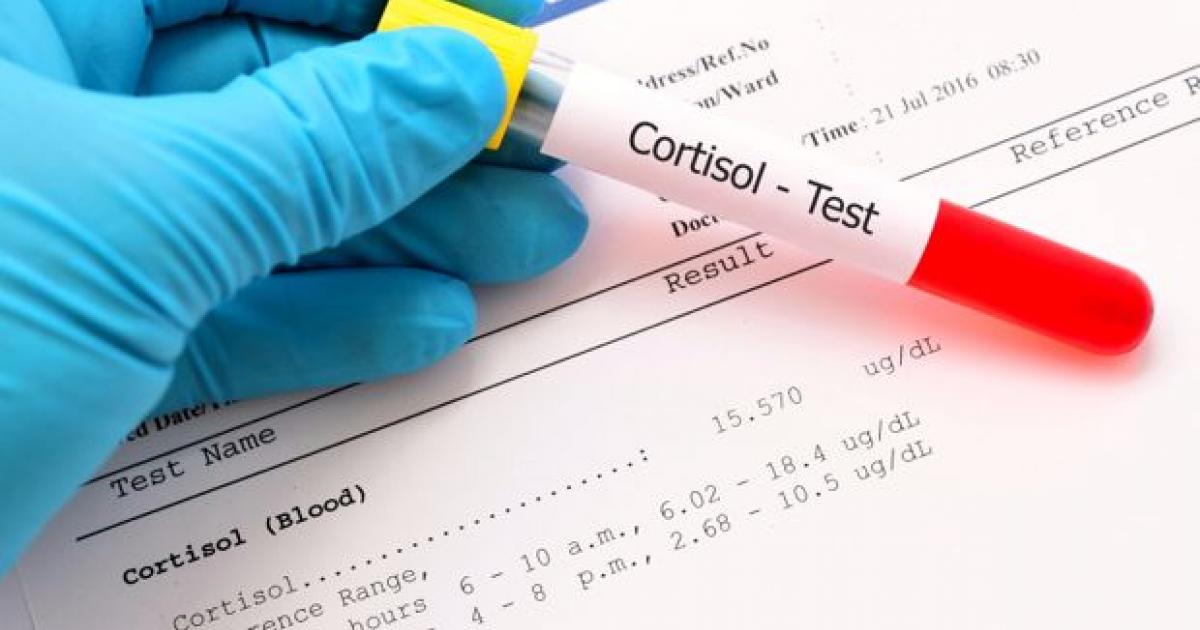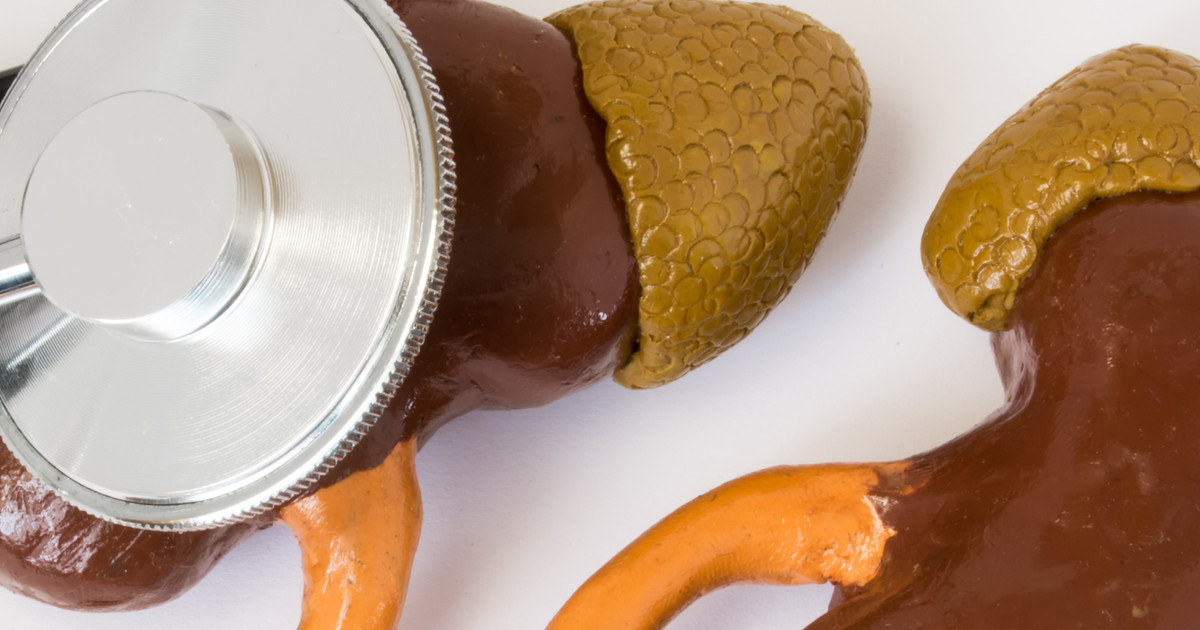Guide To The Causes Of Hypoglycemia
Hormone Deficiencies

Hypoglycemia may occur due to a deficiency in hormones that are important to glucagon storage and release. Certain hormones are critical in maintaining blood sugar. This is because they command the liver to release glucose back into the blood when necessary. The adrenal glands release cortisol and epinephrine in the appropriate circumstances, such as during the stress response. A deficiency in one or both of these hormones can interrupt normal blood sugar regulation and cause hypoglycemia.
An individual's pituitary gland is responsible for the production and release of growth hormone. The growth hormone also plays a critical role in the release of glucose from the liver when it is needed. A deficiency of growth hormone can impair the glucose release back into the blood. This leads to non-diabetic hypoglycemia.
Discover additional causes of this condition now.
Kidney Disorders

Individuals affected by certain kidney disorders may experience hypoglycemia as a result of reduced kidney function. The kidneys filter waste, excess fluid, and toxins from the bloodstream so they are excreted in the urine. The kidneys have a significant influence on an individual's blood sugar levels through several mechanisms. The kidneys carry out a process referred to as gluconeogenesis. This is where substances such as glycerol, glucogenic amino acids, and lactate are used to produce glucose.
The kidneys also filter glucose from the bloodstream for secretion into the urine when blood sugar becomes too high. When an individual's blood sugar is within the normal range, the last part of the kidney's tiny filters is responsible for the reabsorption of glucose into the bloodstream. This leaves the urine glucose-free. Certain kidney disorders can cause hypoglycemia when they impair gluconeogenesis. It may also occur when the kidneys cannot reabsorb glucose into the bloodstream effectively.
Get more information on what causes hypoglycemia now.
